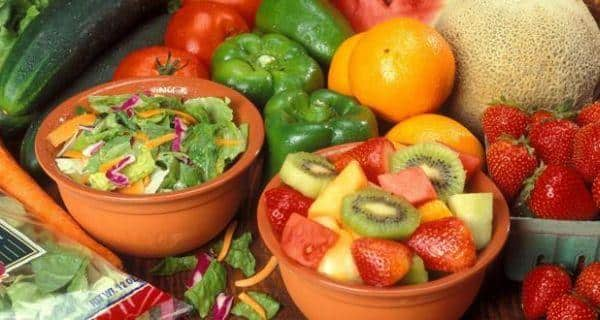
Tips to increase hemoglobin levels naturally:
Low hemoglobin levels due to iron deficiency: Iron deficiency anaemia can be easily corrected by including iron rich sources in the diet.
- Leafy vegetables like spinach (palak) and fenugreek leaves (methi), beans and lentils like masoor daal, chole, moong daal, toor daal, urad daal, rajma are also good sources of iron to resort to.
- Asparagus (shatwar) and sesame seeds (til) are other good sources of iron.
- Grains like barley (jav), rice (chawal), semolina (sooji), millet (bajra) and maize (makai) can also be included. You could use combination of any of these sources to cook delicious iron rich recipes.
- If not, munch on dried fruits such as almonds (badaam), dried peaches or raisins (manuka). If you’re a non-vegetarian, meat and fish are the best sources of iron for you.
- Add dried herbs to your diet, especially, coriander (dhania), spearmint (pudina), basil (tulsi), chervil (chevil), dried parsley (sukhe ajamoda), bay leaf (tejpatta).
- Another way to increase iron absorption is to minimise the intake of calcium rich foods like milk and cheese because they block the absorption of iron. Don’t drink too much of coffee, tea and alcohol.
- Avoid eating foods containing gluten like pastas and wheat products, which are also linked to anaemia.
- Sometimes, foods such as parsley (ajwain) that are rich in oxalic acid may also interfere with absorption of iron. Have them in limited quantities.
- Low haemoglobin levels due to deficiency of Vitamin C can be corrected by eating fruits like guava (peru/amrud), kiwi, papaya, oranges, strawberries and grapefruit. Add all fruits together to make a delicious fruit salad or make your mixed fruit juice.
- You can also obtain vitamin C from vegetables including capsicum (Simla mirch), broccoli (hara phool gobi), cabbage (Gobi), tomatoes and spinach (palak).
- Sources of folic acid include lentils, dried beans, peas, Brussels sprouts (chota band gobi), banana, corn (makai), beets, pineapple and peanuts. (Note: If you are having more of Vitamin C sources then you’ll have to increase the intake of folic acid as well because vitamin C causes excretion of folic acid from the body.
- Breakfast cereals like rice are also fair sources of folic acid.

0 comments:
Post a Comment